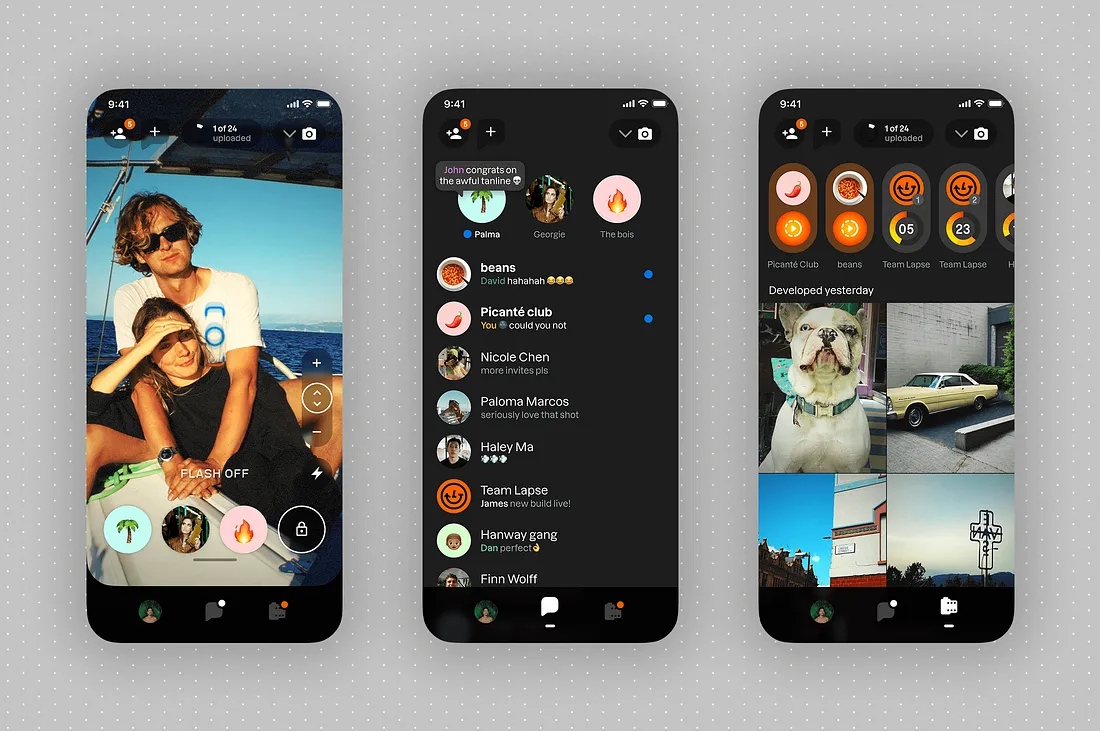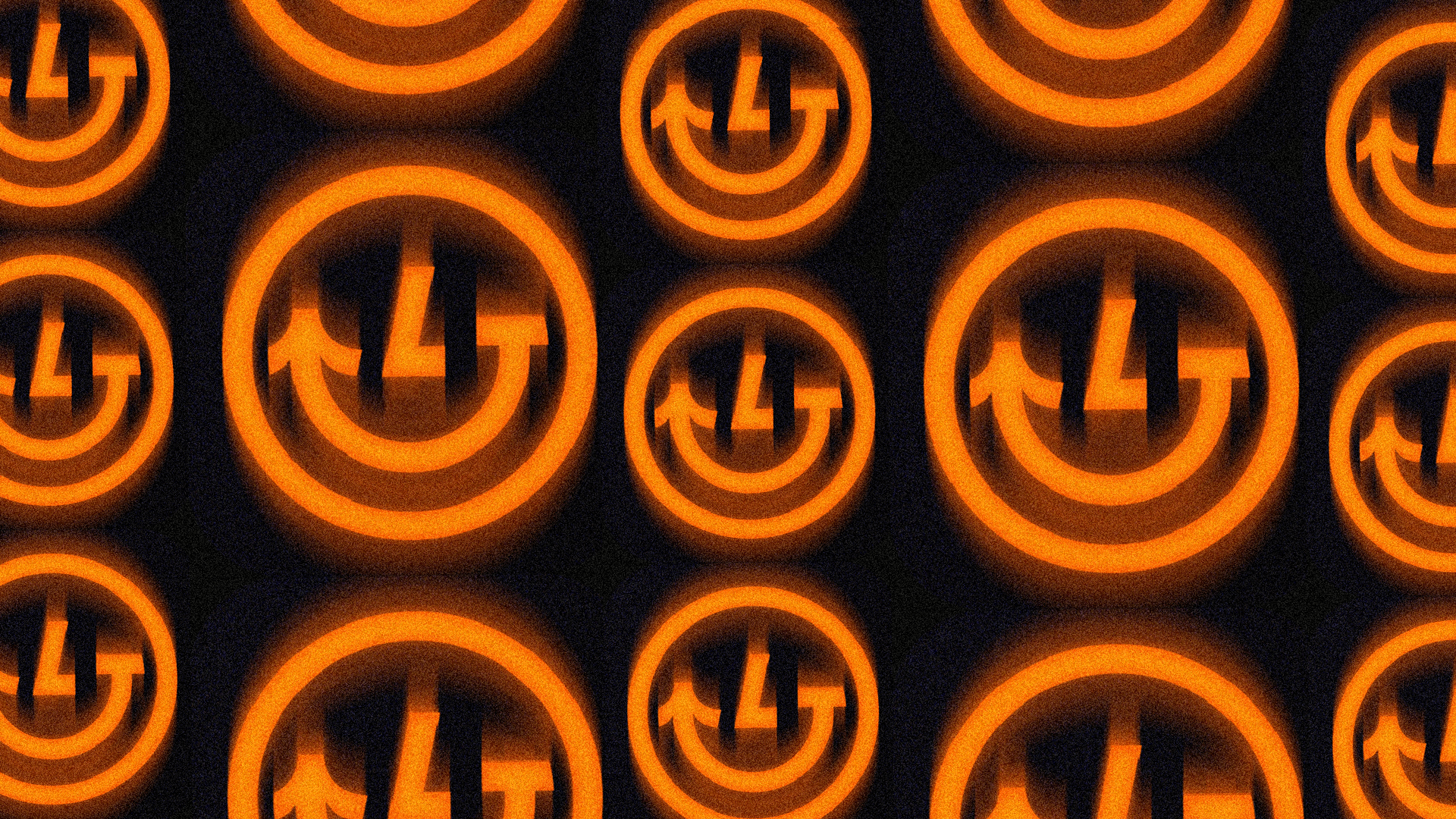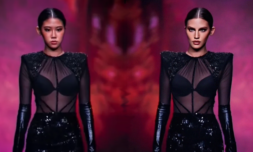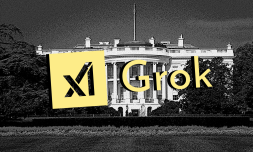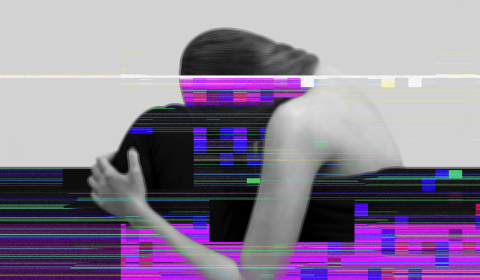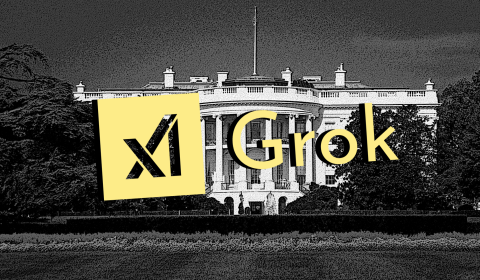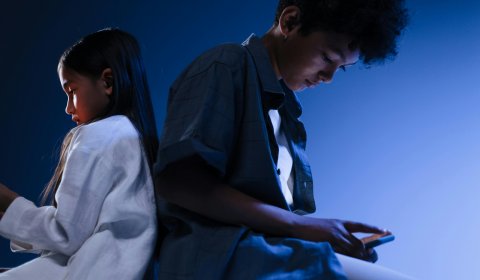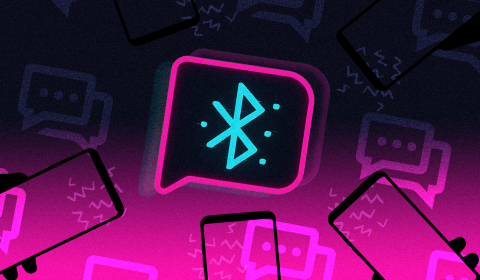Blending vintage and modern photography
Likely learning from the momentary hype and slightly inconvenient style of BeReal, the latest photo-sharing app won’t prompt its users to upload once a day.
Lapse allows users to take and upload as many photos as they wish, though they do have to wait a little while to see them as these images take time to ‘develop’ in a ‘darkroom’.
This is a clever play on (disposable) film cameras, which have regained popularity amongst Gen Z who have never had to wait to view the pictures they take.
The feeling of developing a film roll evokes excitement because sometimes we forget what – or who – we snapped photos of. Having to be patient often builds excitement. Lapse’s creators clearly know this.
Of course, film photos have a delicious aesthetic to them. Lapse hasn’t left this detail out either. All photos taken will have a grainy appearance and interesting colour grade, evoking that straight-outta-film-camera feel without the expensive cost that comes with a trip to SnappySnaps – perhaps a nod to the long-famous Huji app?
Unlike BeReal, which stores photos in a private calendar-sorted album viewable only to the person who took them, Lapse allows users to organise and display their ‘Lapses(?)’ into customised albums on their user profile.
Friends can flick through all the images others have taken in the app, while the heading of each user’s profile plays a carousel of their chosen favourite images. For the older half of Gen Z / Millennials, this may be reminiscent of shared albums on Facebook or tiles on Instagram which we’re seeing less of.
All of these photos can be saved to users’ camera roll and posted onto other platforms.
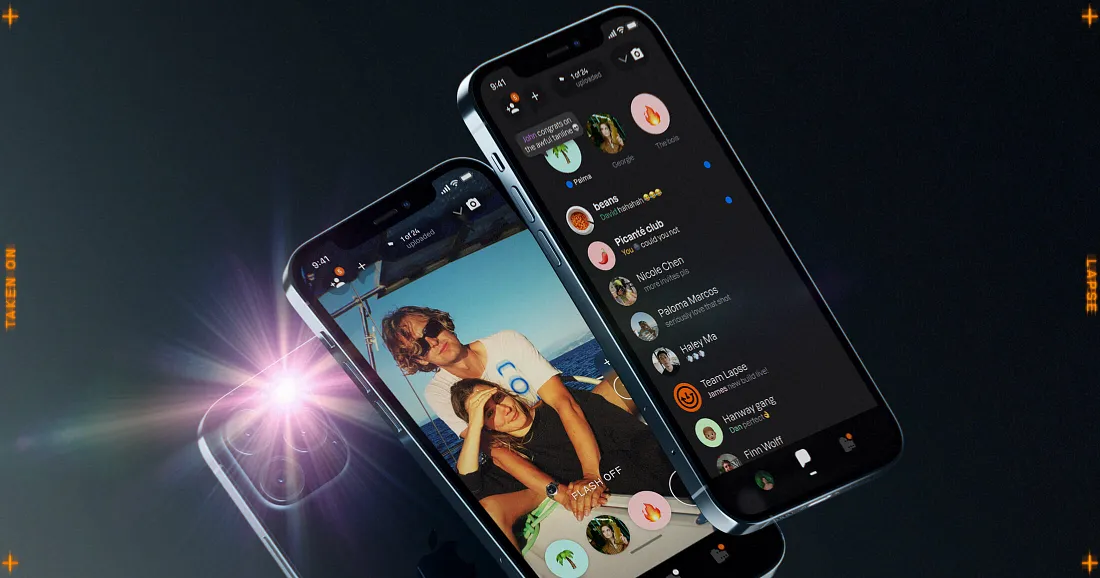
Other noteworthy features and possible updates
Lapse wants its community to be booming, but close and authentic. It’s started out as invite-only, however, users should have no problem adding their best mates as everyone is encouraged to invite 5 friends to join during sign-up.
Based on the information provided by Team Lapse on its release day, the intention of the app is to help users connect and share memorable moments rather than focusing on whether people think we look hot or not.
Status updates are also welcome, with a text-based bubble asking users to ‘just say it’, to share ‘the last thing that made me smile’ or simply update statuses based on their ‘mood’. It’s giving a happy medium between the savage vibes of Twitter and the too-sweet world of Threads.
Once in, users will quickly notice there are no likes, only friends here. Friends can react with emojis or leave comments, but there’s no numerical measure.
It also encourages one-to-one or group conversations. The app already has a DM feature where users can send text-only messages or ‘polaroid’ images that can only be viewed once. Are you thinking what I’m thinking? Move over, Snapchat.
Finally, it has a unique group chat feature. Each group chat has a ‘roll’ of 36 shots which people in the group can snap to – kind of like having a disposable camera laying around at a house party. No one in the chat can see these photos until 24 hours later when they can be shared on Lapse, saved to the camera roll, and reposted to users’ hearts’ content.
Already, users of Lapse are suggesting improvements, which the app’s creators welcome via a form inside the app. So far, people want additional colour-graded filters, a wider variety of grain intensities, and subtle film burns to make the film-developed feel even more realistic.
Given that Lapse has gotten so much right in its initial launch, I wouldn’t be surprised if these updates start being implemented soon. The app’s longevity might depend on it, anyways.
